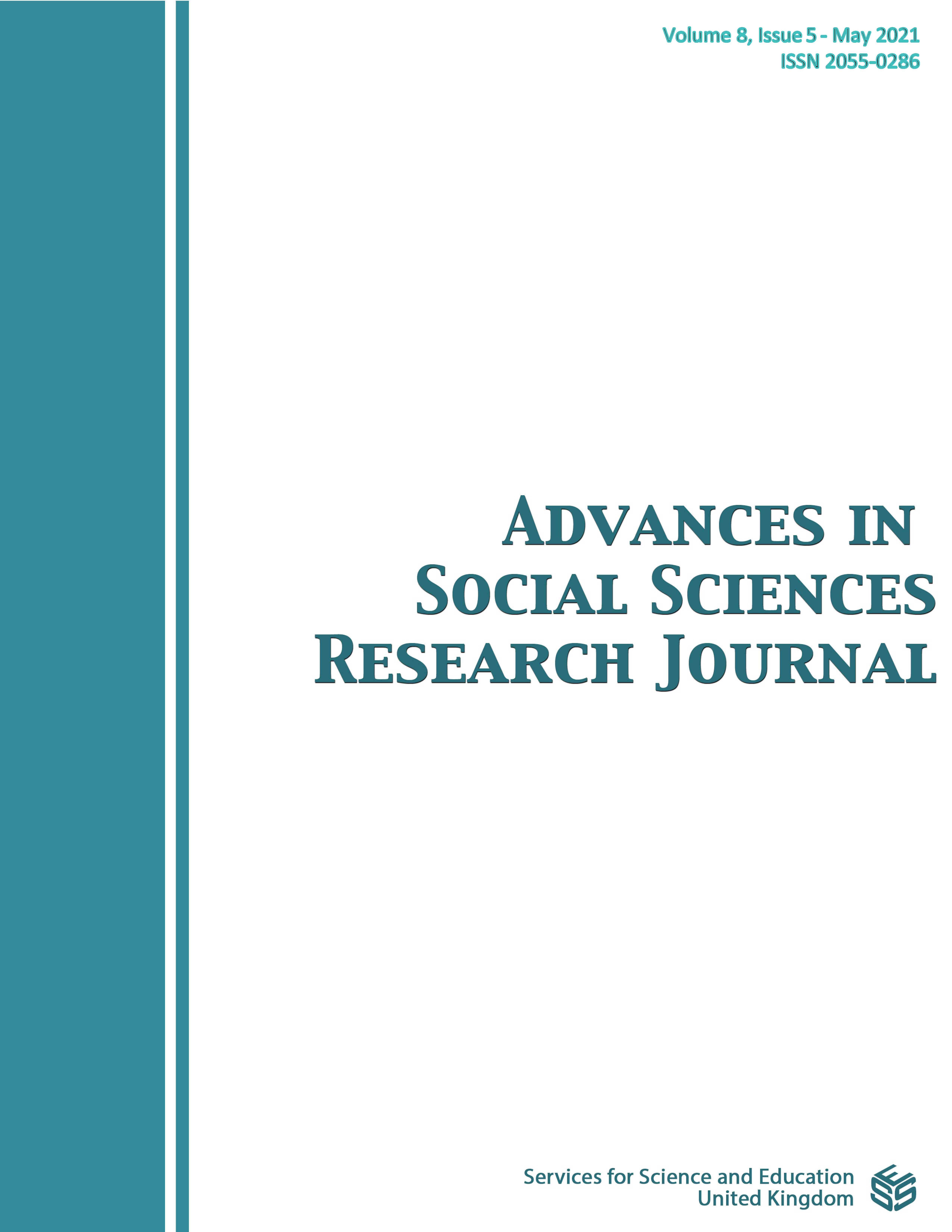How Chinese Multinational Corporations Solve Cross-cultural Conflicts in Internationalization -- A Case Study of SAIC's Merging of Ssangyong Motor
DOI:
https://doi.org/10.14738/assrj.85.10181Abstract
In the context of globalization, the number of cross-cultural enterprises is increasing, making cross-cultural management of enterprises, especially cross-cultural conflicts, becoming prominent and urgent to be solved. Combined with the case of SAIC's merger and acquisition (M&A) of Ssangyong, this paper uses several methods, including case analysis, logical analysis, induction analysis, and qualitative analysis to evaluate the causes, consequences of and solutions to cross-cultural conflicts, so as to reduce the cost of the cross-cultural transaction of multinational enterprises, and further display enlightenment significance for Chinese multinational enterprises. This paper firstly reviews the case of the cross-cultural conflicts in the M&A of Ssangyong by SAIC and expounds on the multi-facet cross-cultural conflicts in the M&A process, such as corporate culture conflicts, values conflicts, etc. Then through the differences in national culture, corporate culture, and the actual situation of both sides of SAIC Ssangyong, the paper analyzes the causes of cross-cultural conflicts and elaborates on their influence on the transnational operation after M&A and possible measures taken by SAIC. Finally, the paper provides suggestions for China's transnational M&A enterprises through the analysis of the effect of countermeasures to solve cross-cultural conflicts and reduce transaction costs.
Downloads
Published
How to Cite
Issue
Section
License
Copyright (c) 2021 Yejian Zhou

This work is licensed under a Creative Commons Attribution 4.0 International License.
Authors wishing to include figures, tables, or text passages that have already been published elsewhere are required to obtain permission from the copyright owner(s) for both the print and online format and to include evidence that such permission has been granted when submitting their papers. Any material received without such evidence will be assumed to originate from the authors.






